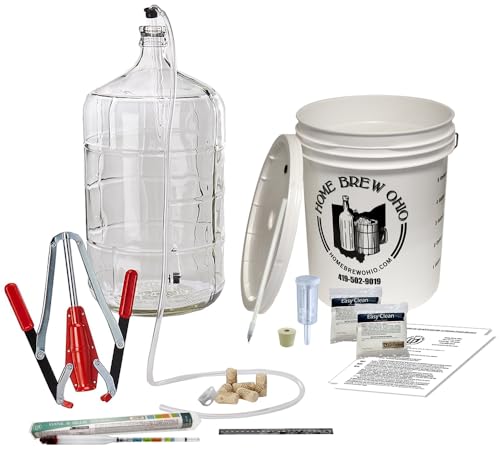@winemaker81 said on another thread (one I did not want to hijack with my questions):
Is there any empirical data to support the advantage of re-corking which would undoubtedly introduce a massive infusion of oxygen vs. leaving your five-year cork alone? Undoubtedly, leaving it as is also introduces oxygen, however, in micro doses. When does re-corking "damage" wine as opposed to gracefully letting wine bottle age albeit in a lower quality cork?

So I use Nomacorc Select 900 1.5" #9 corks, which are rated for 5 years. I'm leaning towards recorking the few bottles that make it to the 6 year mark. My heavy reds are bottled at the 12-15 month mark, so a 6 yo wine has a 5 yo cork.
Is there any empirical data to support the advantage of re-corking which would undoubtedly introduce a massive infusion of oxygen vs. leaving your five-year cork alone? Undoubtedly, leaving it as is also introduces oxygen, however, in micro doses. When does re-corking "damage" wine as opposed to gracefully letting wine bottle age albeit in a lower quality cork?



















































